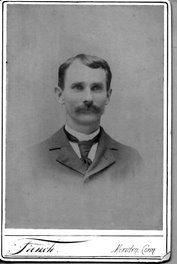American Umpire is not about baseball. It's about the role of the United States as an umpire, intervenor, dispute settler in global politics. Elizabeth Cobbs and James Shelby, in the documentary based on her book, point out that in The Federalist Papers, Hamilton, Madison and Adams used "umpire" to describe the relationship of the Federal government to the governments of the states. As an umpire enforces the rules of a game, the Federal government would judge whether or not states were out of line in their relationships with each other and with the constitution. Otherwise, the states were to conduct their own business in their own ways.
In foreign affairs, for 150 years American government followed George Washington's "Great Rule", of neutrality, non-intervention, and volunteer armies called into being only in major crises.
After the atomic bomb was dropped, after the Second World War devastated much of the world, the United Nations could not prevent Soviet Russia from taking over Eastern Europe. Truman believed it necessary for the United States, the strongest country left, to take some responsibility for the rebuilding of Europe and Japan, and the defense of democracies.
For 70 years, the United States has acted as an umpire who intervenes, sometimes taking sides, sometimes negotiating to bring about peace between combatants. The book and documentary urge assessment of this role, especially when the U.S. pays the bill.
Cobbs and Shelby ask if we have to carry this load for the next 70 years, spending 4% of our Gross National Product on defense, sending our troops overseas. They ask if we can let go of trying to control the outcomes of international conflicts.
Just Learning

Kitchen Studio
Sunday, October 2, 2016
Subscribe to:
Post Comments (Atom)









No comments:
Post a Comment